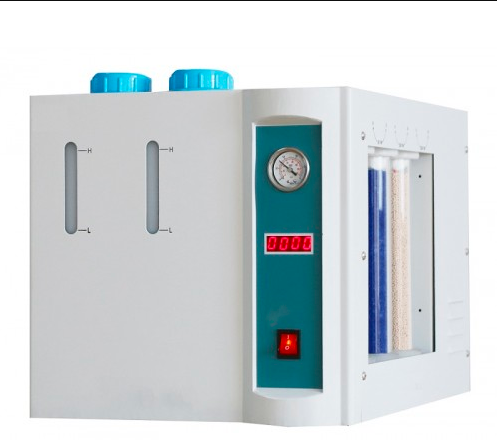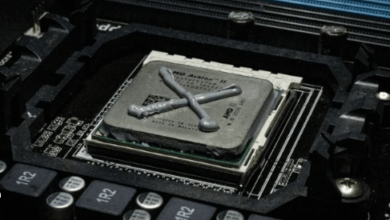Understanding Hydrogen Generator Prices: What You Need to Know

Hydrogen generator prices can vary widely based on several factors, including the technology used, production capacity, and intended application. Here’s a comprehensive guide to understanding the cost of hydrogen generators, including the factors that influence pricing and what you should consider when evaluating different options.
1. Factors Influencing Hydrogen Generator Prices
1.1 Technology Type
- Electrolyzers: The price of hydrogen generators often depends on the type of electrolyzer used:
- Alkaline Electrolyzers: These are generally more affordable and widely used in industrial applications. They use alkaline solutions and have a long track record.
- Proton Exchange Membrane (PEM) Electrolyzers: PEM electrolyzers are typically more expensive but offer high efficiency and compact size. They are suitable for applications requiring high-purity hydrogen.
- Solid Oxide Electrolyzers: These are advanced systems used for large-scale hydrogen production and tend to be more costly due to their high efficiency and high-temperature operation.
1.2 Production Capacity
- Small-Scale Generators: For residential or small-scale applications, such as those used in hydrogen fuel cell vehicles or small energy storage systems, prices are generally lower. These systems are designed for lower hydrogen output and are often less complex.
- Industrial-Scale Generators: Large-scale hydrogen generators, used in industrial applications or for large-scale energy storage, come with higher price tags. These systems have higher production capacities and require more advanced technology and infrastructure.
1.3 Additional Features
- Control Systems: Generators with advanced control systems, monitoring capabilities, and automation features tend to be more expensive. These features can enhance efficiency and ease of use.
- Safety Measures: Incorporating additional safety features to handle and store hydrogen safely can also impact the price.
1.4 Brand and Manufacturer
- Brand Reputation: Established brands with a strong reputation in the industry may command higher prices due to their reliability and service support.
- Manufacturer Location: Prices can vary based on the region where the hydrogen generator is manufactured, including factors such as labor costs, raw materials, and supply chain logistics.
2. Typical Price Ranges
2.1 Residential and Small-Scale Systems
- Entry-Level Generators: Prices for small-scale hydrogen generators suitable for residential use or small applications typically range from $1,000 to $10,000. These systems are designed for lower hydrogen output and are often more accessible for individual or small business use.
- Mid-Range Systems: More advanced small-scale systems with better efficiency and additional features may cost between $10,000 and $50,000.
2.2 Industrial and Large-Scale Systems
- Industrial Generators: Prices for industrial-scale hydrogen generators can range from $50,000 to several million dollars. These systems are designed for high production capacities and often include sophisticated technology and control systems.
- Custom Solutions: Custom-built systems or those with specific performance requirements can exceed $1 million, depending on the scale and complexity.
Read also: Sunscreen for Face: Essential for Anti-Aging and Skin Health
3. Evaluating Hydrogen Generator Costs
3.1 Total Cost of Ownership
- Installation Costs: Consider the cost of installation, which may include labor, infrastructure modifications, and integration with existing systems.
- Operating Costs: Evaluate the ongoing costs of operation, including energy consumption, maintenance, and potential downtime.
- Return on Investment: For commercial or industrial applications, assess the potential return on investment (ROI) based on the efficiency gains and cost savings achieved through hydrogen use.
3.2 Financing and Incentives
- Government Incentives: Explore available government subsidies or incentives for adopting hydrogen technology, which can help offset initial costs.
- Financing Options: Some manufacturers or vendors may offer financing options or leasing arrangements to make hydrogen generators more accessible.
4. Future Trends and Pricing
4.1 Technological Advances
- Cost Reductions: As technology advances and production scales up, the cost of hydrogen generators is expected to decrease, making them more affordable for a broader range of applications.
- Efficiency Improvements: Ongoing research and development may lead to more efficient and cost-effective hydrogen generation technologies.
4.2 Market Dynamics
- Increased Adoption: Growing interest in clean energy and sustainability is likely to drive demand for hydrogen generators, potentially influencing prices and availability.
- Global Supply Chains: Changes in global supply chains and material costs can impact hydrogen generator prices, depending on market conditions.
5. Conclusion
Hydrogen generator price vary based on technology, production capacity, and additional features. Whether you’re considering a small-scale residential unit or a large industrial system, understanding these factors can help you make an informed decision. As technology evolves and the market grows, prices are expected to become more competitive, offering more opportunities for adopting hydrogen solutions.





